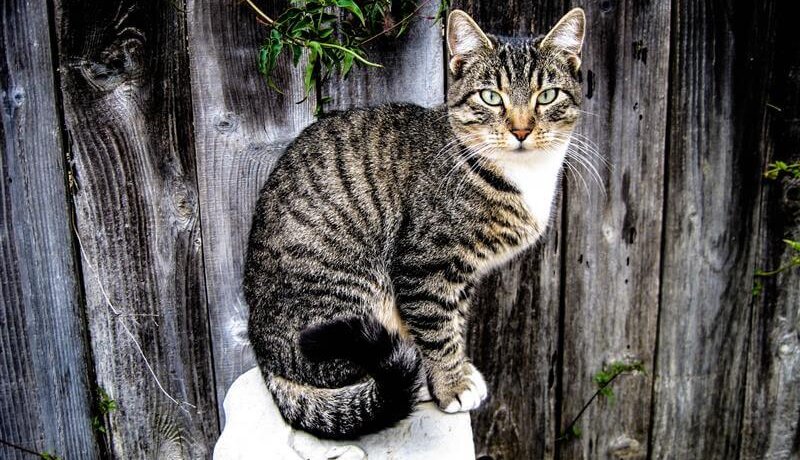The Purdue University Veterinary Hospital has not identified any cases of HPAI or Highly Pathogenic Avian Influenza at our practices. However, we want to provide some information to help clarify the HPAI situation and to help you protect your pets and livestock.
HPAIs are a viral disease that can affect many species of animals. While it has been most commonly detected in wild birds and poultry, HPAI has been detected in other species such as foxes, bears, seals, skunks, mice, and bobcats. HPAI has also been observed in some zoo animals (mainly big cats), as well as domestic animals such as dairy cattle, cats, and dogs. HPAI can spread through contact with infected animals or animal products. This includes eating undercooked or raw meat or drinking unpasteurized or raw milk. There are recent reports of indoor domestic house cats contracting HPAI via raw diets, and some raw pet foods have been recalled because of HPAI contamination.
There are several things that you can do to help protect your pet from contracting HPAI. It is recommended to keep your pet indoors to limit exposure to sick or dead wildlife or livestock, and limit exposure to rodents. Do not feed raw foods and unpasteurized dairy products to pets. Although human infections are rare, it is important to take proper precautions when handling raw meat or milk and wear personal protective equipment (PPE) if handling sick or dead animals.
The signs of HPAI in cats are fever, lethargy, low appetite, reddened or inflamed eye, discharge from the eyes and nose, respiratory distress, and neurologic signs, including tremors, seizures, incoordination, or blindness. Signs in dogs are less well understood. If you suspect that your animal has HPAI, please contact your veterinarian, isolate any sick or exposed animal, and monitor yourself for symptoms.
To protect our patients and staff, we will be asking owners of all feline and avian patients the following screening questions both when an appointment is made and at check-in.
- Is your cat fed a raw diet?
- Has your cat been exposed to cattle/dairy farms, or raw, unpasteurized milk?
- Does your cat have signs of neurologic or respiratory disease that are new in the last 14 days, such as blindness, falling, stumbling, circling, head tilt, pupils of different sizes, seizures, ocular/nasal discharge, sneezing or fever?
- Has your cat or bird been exposed to known infected poultry farms or flocks or had recent interactions with dead birds?
- Has your cat or bird been exposed to sick or deceased cats?
- Has your cat or bird been exposed to anyone who works in an infected dairy or infected poultry farm environment?
For more information please visit:
- Indiana Animal Disease Diagnostic Laboratory at Purdue University:
- Indiana State Board of Animal health:
- American Animal Hospital Association:
- American Veterinary Medical Association:
- Centers for Disease Control and Prevention:
- Cornell University College of Veterinary Medicine:

